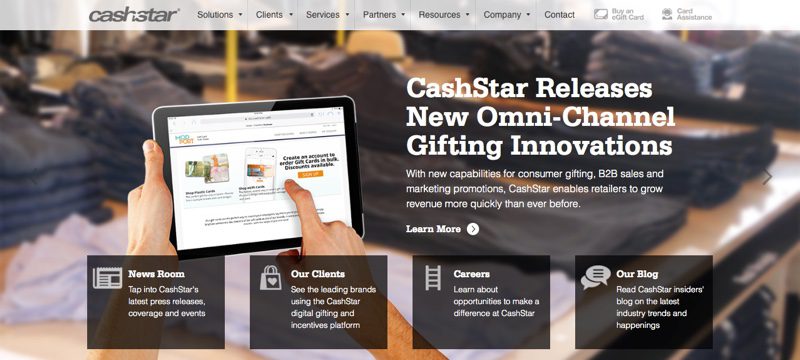On Finovate.com
- “Holy Yodlee! Envestnet to Buy Yodlee for $660 Million”
- “Artificial Intelligence Innovator Kensho Locks in $48 million Series B Round”
- “Digital Retail Apps Raises C$1 Milllion in Round Led by Texas Ventures”
Around the web
- Misys shortlisted in three different categories in the CIR 2015 Risk Management Awards.
- Bloomberg TV looks at Fenergo in a discussion on investment in startups.
- NICE Systems wins “8-figure contract” to bring call recording and incident-management technology to NYC’s Department of Information Technology and Telecommunications (DoITT).
- Personal Capital CEO Bill Harris writes about the rise of robo-advisors in a column for Investment News.
- CashStar to power digital gift card offerings from Maritz Motivation Solutions.
- KCUR 89.3 FM interviews EyeVerify CEO Toby Rush.
This post will be updated throughout the day as news and developments emerge. You can also follow all the alumni news headlines on the Finovate Twitter account.




















